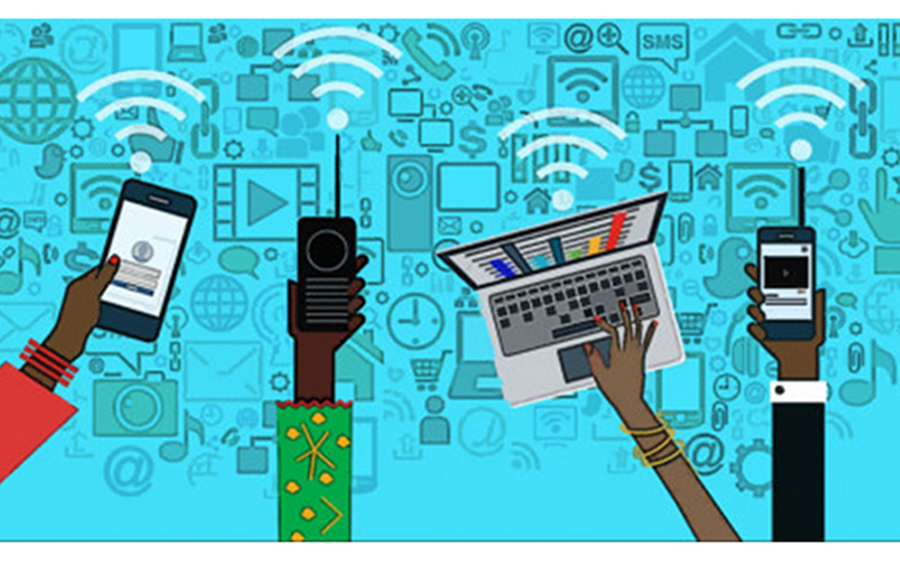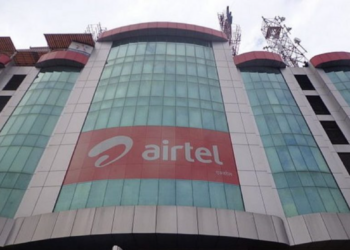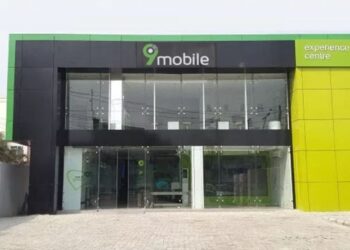The Nigerian Communications Commission (NCC) has said that the number of Nigerians connected to broadband, that is, high-speed internet increased to 83.3 million in May 2022.
Data released by the Commission shows that telecommunications operators in the country added a total of 1.6 million new broadband subscriptions in the month.
As of April, broadband subscriptions in the country stood at 81.6 million. The increase recorded in May brought the country’s broadband penetration to 43.67%.
This shows that the country’s efforts through the implementation of the National Broadband Plan (NBP 2020-2025) are yielding results. In the plan, the government had set a target of 70% broadband penetration to be achieved by 2025.
The telcos are driving broadband penetration through the expansion of their 4G service across the country.

Why it matters
- A World Bank report had established that every 10% increase in broadband penetration in any country would improve its GDP by at least 4.6%
- Hence, the rapid rollout of broadband services is expected to address various socio-economic challenges the country faces, including the need to grow its economy, expand the tax base, and improve digital literacy and educational standards.
What you should know
- Amidst the implementation of the country’s broadband plan, which started in 2020, subscriptions had declined steadily for months as a result of the government’s policy on SIM cards.
- From a peak point of 45.93% in October 2020, broadband penetration in Nigeria slipped to 39.79% in July 2021.
- Between November 2020 and October 2021, the service providers had lost a total of 9.9 million broadband subscriptions.
- Before the ban on new SIM in 2020, the country had been recording a 1% increase each month, as the mobile network operators continued to push for the deployment of 4G service across the country.




















